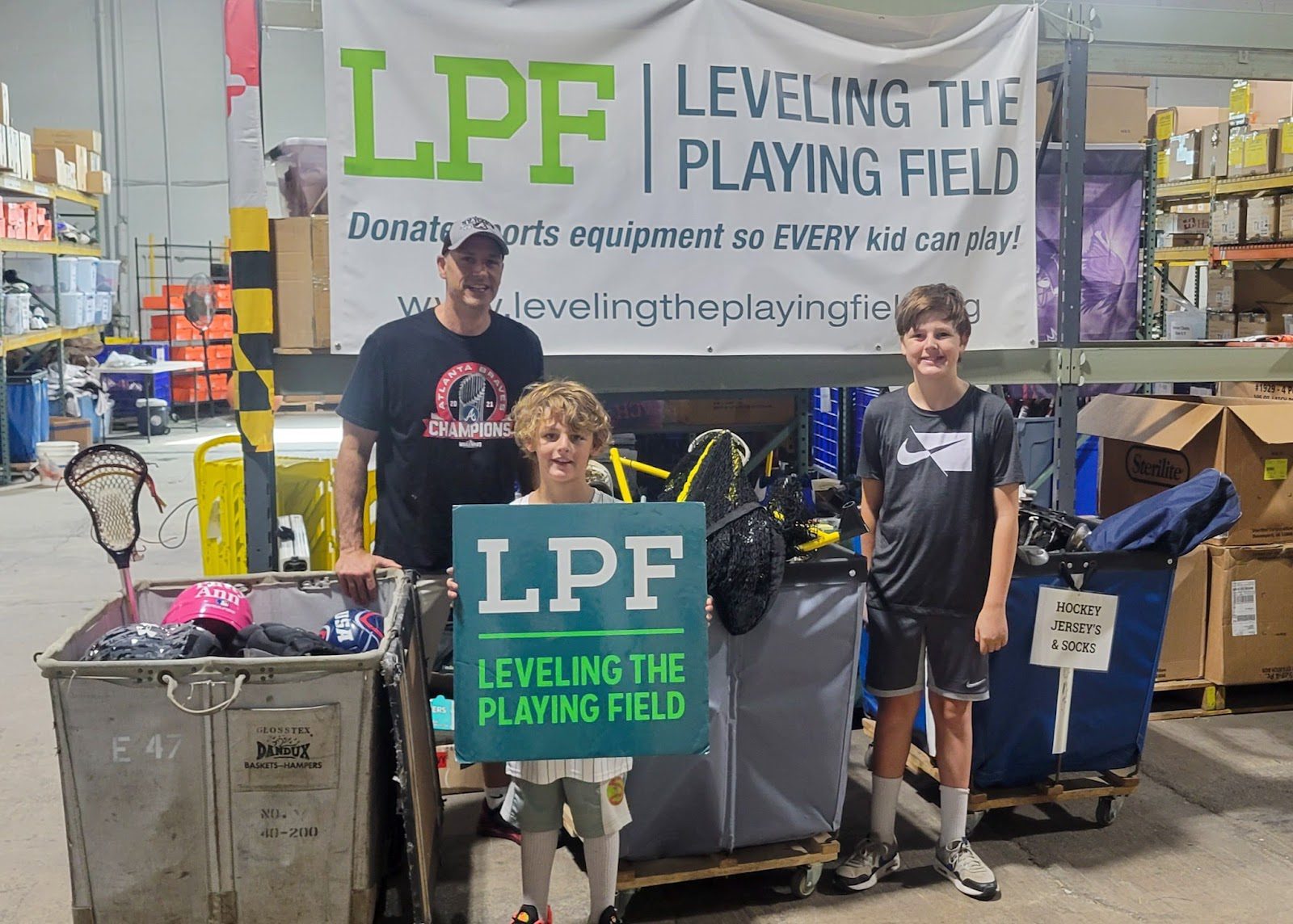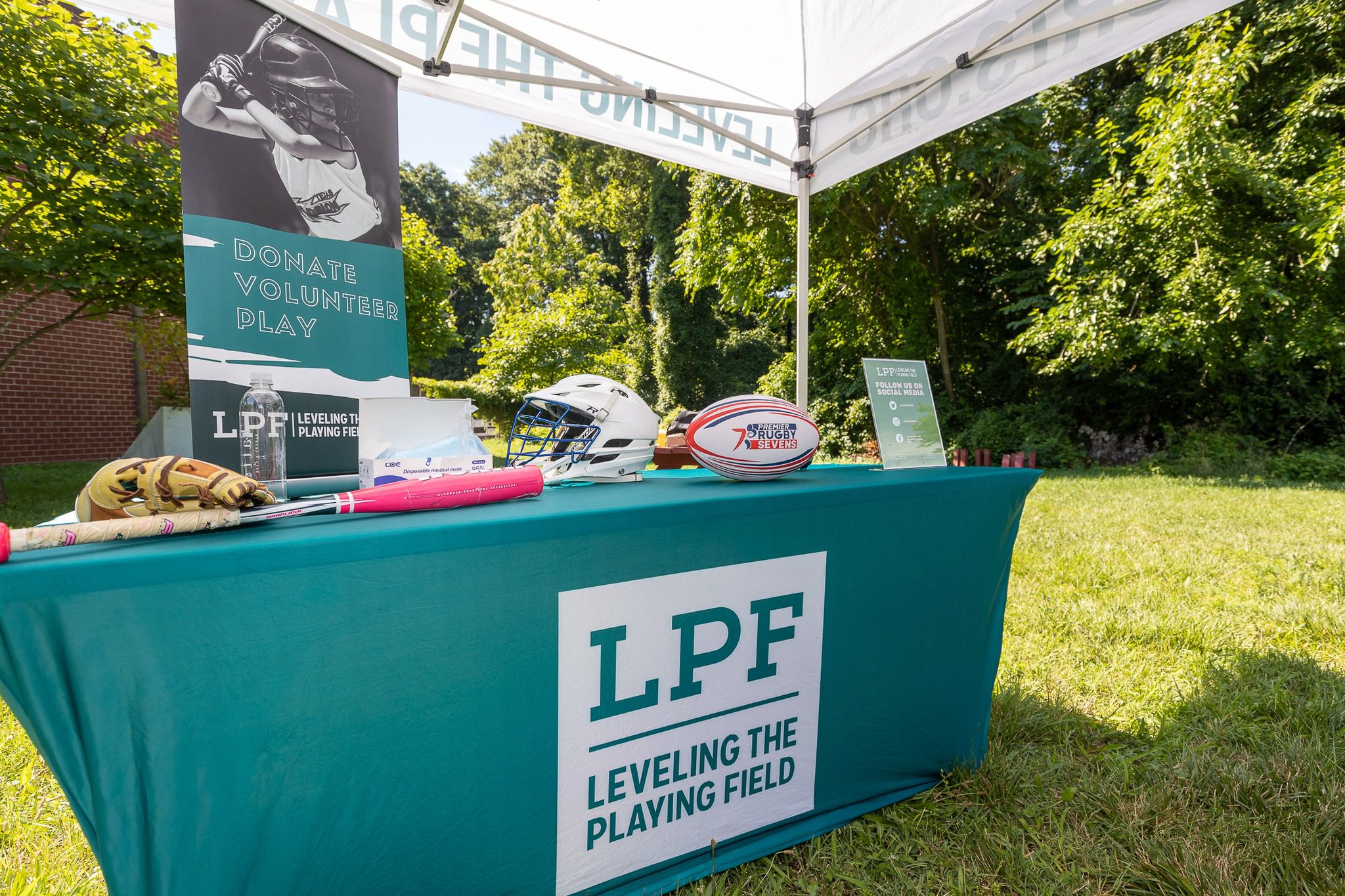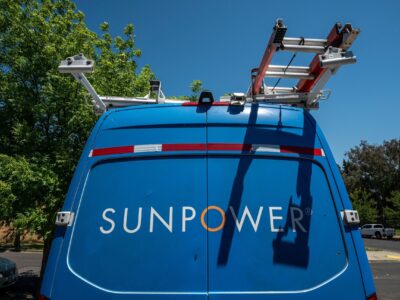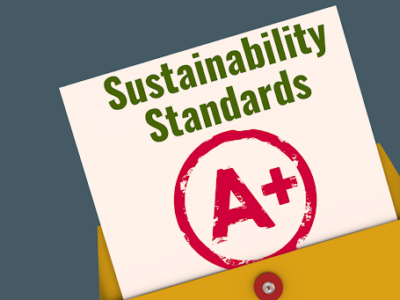Youth sports equipment is expensive. The cost for some sports is astronomical, especially for hockey, lacrosse, golf, and football. Even worse, some equipment ends up in the trash bin and landfills when it is still very usable. A nonprofit organization out of Silver Springs, MD, has been working for over a decade to change that narrative.
Leveling the Playing Field (LPF) is an outreach program dedicated to reducing waste from youth sports by buying back used sports equipment from higher-level programs and selling it to underserved community youth sports in the Washington, DC, Baltimore, and Philadelphia areas. They have been working in the District of Columbia, Maryland, and Virginia (DMV) area since 2013 and in the Philadelphia area for the last two years. The company’s goal is youth sports participation, but the sustainability mission is well understood. A well-worn pair of shoulder pads, for example, is still worth more to a child who wants to play.
Consensus had the privilege to speak with Max Levitt, CEO of LPF. He noticed the problem with wasting perfectly usable football equipment through his experience as a collegiate football equipment manager at Syracuse University. “At Syracuse, it hurt me seeing tons of perfectly good footballs, helmets, and pads get thrown away when they could be benefiting someone else,” Levitt said. That’s where his inspiration for LPF began. Since its inception, LPF has collected close to $7.5 million in equipment that would’ve been thrown away. It also has distributed another $8 million in sales to various programs.
LPF collects equipment from college and professional sports teams to stock their warehouses. Since 2015, they have been partnering with the Washington Capitals, Philadelphia Flyers, Baltimore Ravens, Philadelphia Eagles, and the Washington Spirit, to name a few.
The collaboration with these teams is simple yet effective. Bins are placed in practice facilities and locker rooms, and any equipment that is in good condition can be donated to LPF. Their work has touched kids’ lives in the Baltimore Boys & Girls Club, Snider Hockey (the Flyers youth hockey program), and DC Inner City Excellence (ICE).

This waste reduction effort attracted the attention of the National Hockey League (NHL). NHL Green, the hockey organization’s environmental awareness movement, recently profiled the organization. This type of sustainability and outreach program has gotten more kids involved in sports they wouldn’t have had the chance to due to financial constraints. “Hockey equipment has to be the bulk of our inventory,” Levitt said. “Our work with the Capitals began when they gave us $10,000 to set up our donation bins at their practice facility.”
These donations have kept waste and materials for other pads out of landfills while driving participation for DC ICE, cutting down on emissions in the process. No more used pairs of skates in the trash; instead, they could end up on the feet of a new hockey player in the DMV area.
The lower cost of equipment is helping to cultivate a greater sense of community.
“Seeing new programs come in, just the joy and smile on their faces about getting this new equipment, their reaction is the money-maker,” Levitt said.
He takes pride in his and his staff’s work in their decade of service.
However, the job is not close to done. LPF has plans to expand its outreach to more cities like Buffalo and Albany, NY, and Columbus, OH. It also offers equipment for other sports besides hockey or football. They have golf clubs, lacrosse helmets and pads, rugby balls, and anything that might be too costly for just one person to buy.





